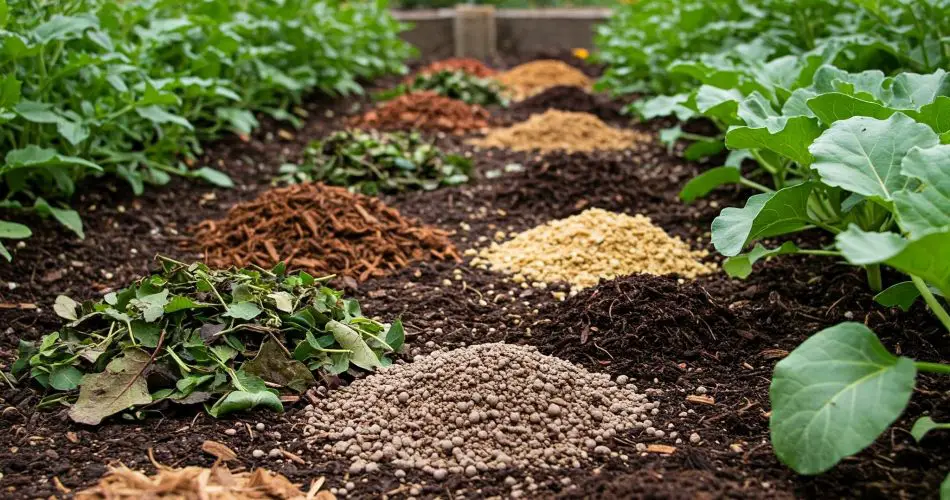Natural Fertilizer for a Thriving Garden
A lush and bountiful garden is every gardener’s dream, and achieving such a harvest is often attributed to the quality of the soil and the nutrients it receives. While store-bought chemical fertilizers promise quick results, nothing compares to the effectiveness and long-term benefits of natural fertilizers. One of the best ways to enhance soil fertility is by using homemade organic compost made from kitchen scraps. This simple yet powerful method provides essential nutrients to plants, leading to vibrant growth and abundant yields.
The Secret to a Fertile Garden: Homemade Fertilizer
One of the most effective and eco-friendly fertilizers is made from dried vegetable and fruit peels. Many kitchen scraps, such as potato peels, carrot peels, banana peels, and other vegetable and fruit remnants, are rich in essential nutrients. Instead of discarding these leftovers, they can be repurposed into a nutrient-packed fertilizer that helps plants thrive.
How to Prepare Natural Fertilizer
Step 1: Collecting Kitchen Scraps
Gather vegetable and fruit peels throughout the week. These should include potato skins, banana peels, carrot peels, apple cores, and any other organic waste that decomposes easily. The key is to use a variety of scraps to ensure a well-balanced mix of nutrients.
Step 2: Drying the Peels
To extend the shelf life of the scraps and make them easier to use, dry them thoroughly. The best way to do this is by spreading them on a baking sheet and placing them in the oven at a low temperature (around 100°C or 212°F) until they become completely dry and crisp. Alternatively, they can be air-dried under the sun for a few days.
Step 3: Grinding into Powder
Once the peels are dried, grind them into a fine powder using a blender or food processor. This powdered form allows for better absorption into the soil, making nutrients readily available to plants.
Step 4: Application to Soil
To use this homemade fertilizer, mix one teaspoon of the powder with one liter of water. This nutrient-rich solution can be used to water plants or as a foliar spray to boost their growth. The organic matter enriches the soil, improves its structure, and enhances microbial activity, ultimately leading to stronger and healthier plants.
Benefits of Using Natural Fertilizer
- Enhanced Soil Quality – Organic matter improves soil structure, aeration, and water retention, creating an ideal environment for plant roots.
- Rich in Essential Nutrients – Dried vegetable and fruit peels contain potassium, phosphorus, nitrogen, and trace minerals that promote healthy plant development.
- Eco-Friendly and Sustainable – Recycling kitchen waste reduces environmental impact and eliminates the need for synthetic fertilizers that may harm beneficial soil organisms.
- Increased Yield – Regular use of this natural fertilizer leads to a progressively better harvest year after year.
- Cost-Effective – Since this fertilizer is made from food scraps that would otherwise be discarded, it provides a budget-friendly alternative to store-bought fertilizers.
Final Thoughts
By using natural fertilizers made from kitchen waste, gardening can become more sustainable and rewarding. This method not only supports plant health but also contributes to an eco-friendly gardening practice. By nourishing the soil with organic nutrients, gardeners can enjoy an abundant harvest of fresh fruits, vegetables, and herbs. Whether for beginners or experienced gardeners, this simple approach is a game-changer in achieving a thriving, productive garden.



